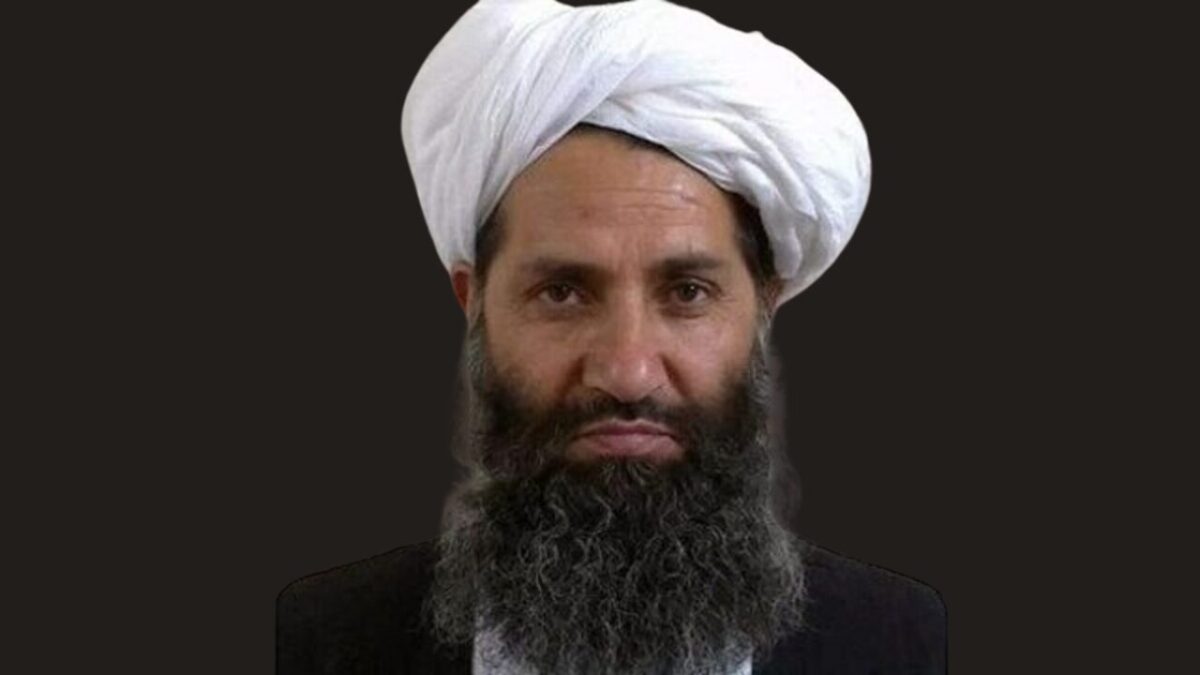KANDAHAR, Afghanistan — The Taliban’s reclusive leader, Hibatullah Akhundzada, responded defiantly to international criticism over the public execution of four men, stating that his administration would not retreat from the enforcement of these rulings, including capital sentences, under any circumstances.
“We will not abandon the enforcement of these rulings, even if it costs us our lives,” Akhundzada said during a religious seminar in Kandahar, referring specifically to the punishment of qisas, or retributive justice. “We will not yield to Western pressure.”
The comments came a day after the Taliban executed four individuals in front of large crowds in the provinces of Nimruz, Farah, and Badghis. Eyewitnesses told Amu TV that the men were killed by gunfire in stadiums, with Taliban fighters carrying out the sentences in full public view.
The executions sparked strong condemnation from international human rights organizations and U.N. officials. The United Nations Special Rapporteur on the situation of human rights in Afghanistan described the incident as part of a broader pattern of rights violations by the Taliban.
Akhundzada dismissed these criticisms, arguing that the rulings were consistent with Islamic law. “Just as God has commanded prayer, He has commanded retribution,” he said. He also framed support for his leadership as a matter of religious loyalty: “Those who stand with me are standing with God, they are upholding His law.”
Taliban have increasingly drawn international scrutiny over their strict interpretation of Islamic law, including corporal and capital punishments carried out without transparent judicial proceedings. Human rights monitors have expressed concern over the lack of due process and the use of public executions as a tool of intimidation.





